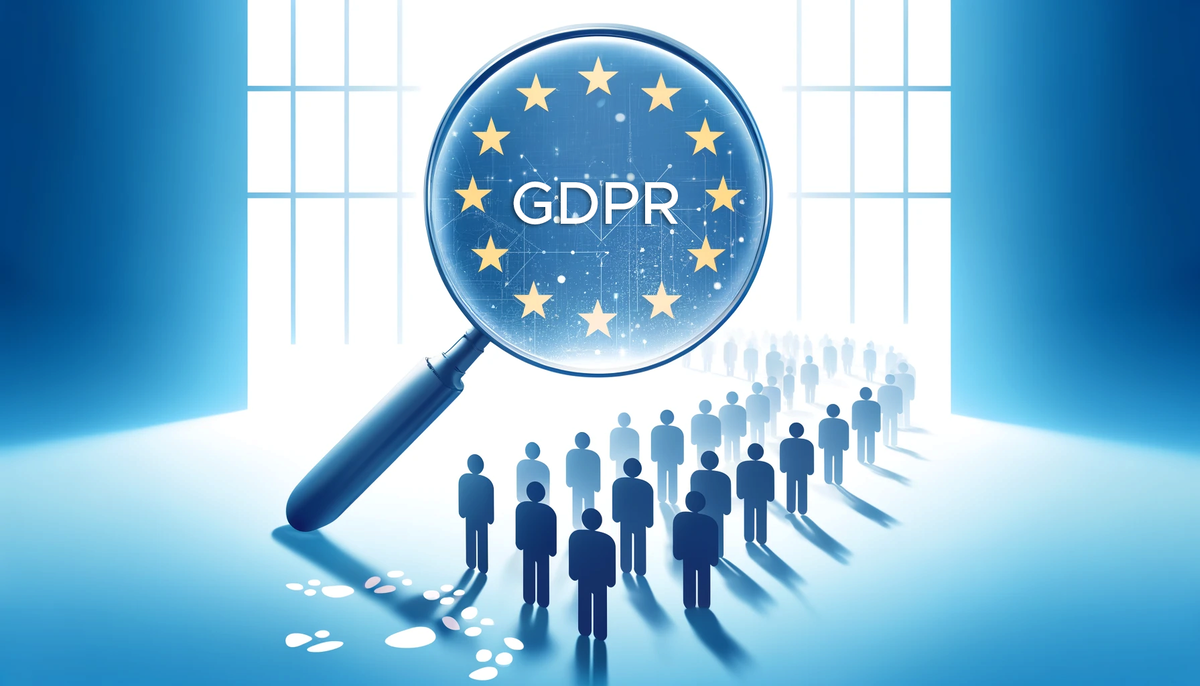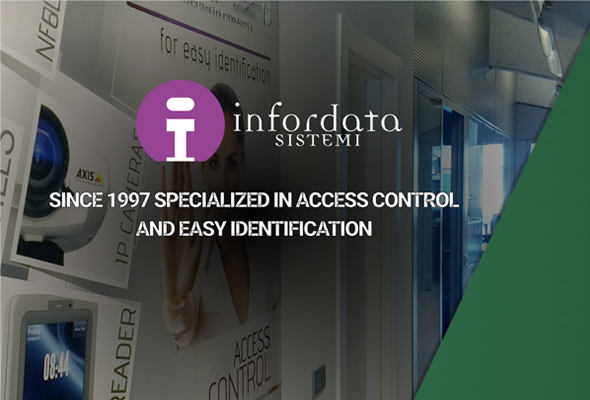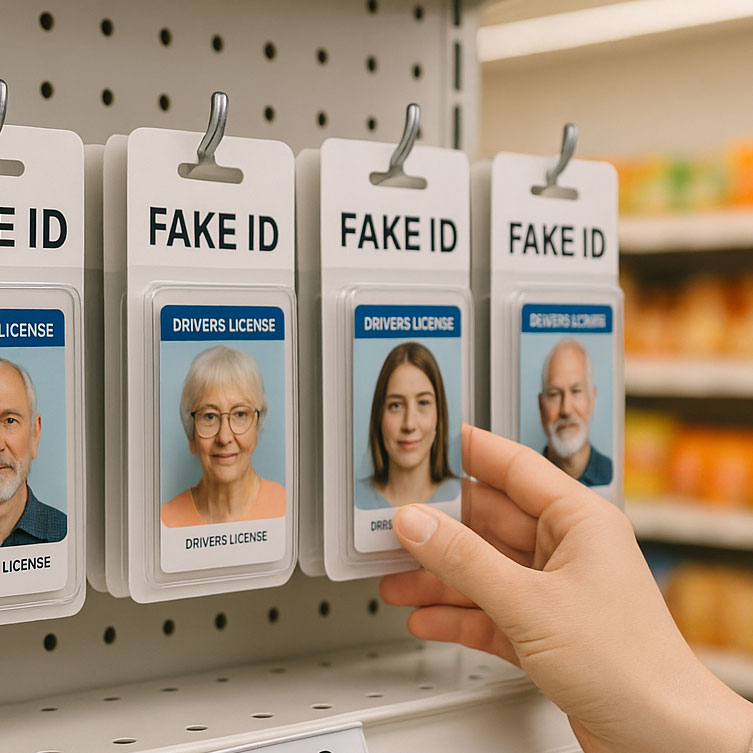The Essence of GDPR in Workforce Screening
GDPR, a set of guidelines aimed at ensuring data protection and privacy in the European Union, doesn't explicitly mention HR screening. Instead, it offers a framework based on general principles that guide the correct processing of personal data. Contrary to common misconceptions, GDPR does not prohibit screening but emphasizes adherence to basic principles such as legality, correctness, transparency, purpose limitation, data minimization, accuracy, storage limitation, and the integrity and confidentiality of data.
Legal Bases for Conducting Screenings
Screening candidates is not just about collecting data; it's about verifying that data against certain standards or requirements, without necessarily needing the candidate's consent. In fact, relying solely on consent for screening may not be ideal since consent must be freely given and can be withdrawn at any time. A more suitable legal basis for processing personal data during screening is the legitimate interest of the employer. This basis requires a balance test to ensure that the employer's interests do not outweigh the rights and freedoms of the candidate.
Compliance with Other Legal Regulations
While GDPR sets the overarching framework for data protection, other legal regulations also come into play, especially when screening involves employee-related data. The Labour Code, for example, limits the information that can be requested from job applicants to that which is directly related to the employment contract. It prohibits inquiries about personal aspects such as sexual orientation, origin, and political or religious affiliations, except in cases where specific information is legally justified or required.
Implementing GDPR-Compliant Screening Processes
To align HR screening processes with GDPR, organizations must start with a clear understanding of why they are conducting the screening. They must define the purpose of processing and ensure that they only collect data that is necessary and relevant to the job role. It is important to remember that screening is simply checking the authenticity of information that the candidates are voluntarily providing, and not based on anything that isn’t freely given, legally obtained or publicly available.
Once these foundations are laid, companies must also prepare proper documentation to support their screening processes. This includes informing candidates about the data collection and processing activities, maintaining records of processing activities and legal assessments, and handling any requests or incidents related to personal data protection promptly and effectively.
The Takeaway
Navigating the complexities of GDPR in the context of HR screening requires an understanding of both legal obligations and the practical aspects of recruitment – but it is not something to fear. By grounding their screening processes in the principles of legality, necessity, and transparency, employers can make informed decisions that protect both their interests and the rights of candidates. It is about balancing the need for comprehensive background checks with the imperative to uphold data protection standards, ensuring a fair, lawful, and efficient recruitment process.
For more detailed insights and assistance in setting up GDPR-compliant HR screening processes, legal consultation from experts who specialize in personal data protection, can provide invaluable guidance.
This article transforms and elaborates upon the original insights provided by Jiří Hradský of Sedlakova Legal, exploring the role of GDPR compliance in HR screening practices. To further understand GDPR's implications on HR screening and data handling, exploring additional resources and legal advice is recommended to ensure full compliance and effective screening processes.
This link will take you to the Youtube video of the webinar that explores this topic, please note the video is in Czech.




